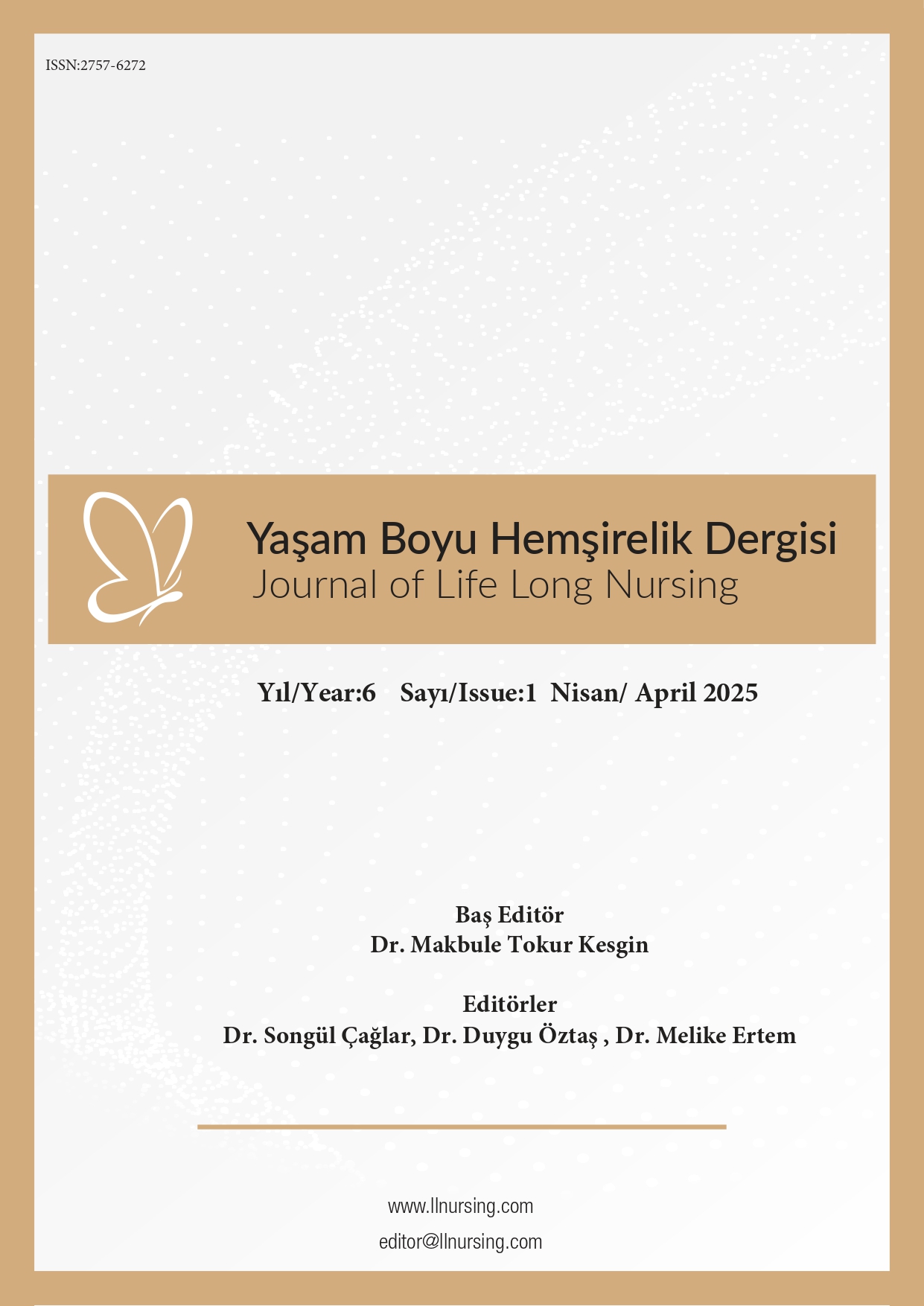Afet Hemşireliği Eğitiminde Çoklu Zekâ Kuramına Dayalı Oyunlaştırma Stratejisi İle Hazırlanan Programın Etkinliğinin Değerlendirilmesi: Randomize Kontrollü Çalışma Protokolü
Author :
Abstract
|
Amaç: Bu araştırmanın amacı çoklu zeka kuramına dayalı oyunlaştırma stratejisi ile hazırlanan afet hemşireliği eğitim programının etkinliğinin değerlendirilmesidir. Gereç ve Yöntem: Paralel gruplu, randomize kontrollü bu çalışmanın protokolü SPIRIT 2013’e göre hazırlandı. Çalışma grubunu bir hemşirelik fakültesinin son sınıf öğrencileri oluşturacaktır. Halk sağlığı hemşireliği ders müfredatında yer alan “Afet Hemşireliği” konusu anlatıldığı gün derste olan öğrenciler arasından deney ve kontrol grubu oluşturulacaktır. Güç analizi ile örneklem büyüklüğü 36 deney ve 36 kontrol olarak belirlenmiştir. Öğrenciler deney ve kontrol gruplarına rastgele atanacaktır. Daha sonra deney grubuna çoklu zeka kuramına dayalı oyunlaştırma programı uygulanacaktır. Kontrol grubu standart eğitim dışında bir uygulama almayacaktır. Araştırmanın sonuç kriteri öğrencilerin afet hemşireliği hizmetleri bilgi düzeyi, afet hemşiresi olma konusunda gönüllü olma niyeti ve afet hemşireliği öz yeterlilik algısıdır. Tartışma: Araştırma afet hemşireliği eğitiminde çoklu zeka kuramına dayalı oyunlaştırma kullanan ilk randomize deneysel çalışma olacaktır. Araştırma sonuçlarının hemşirelik öğrencilerinin afet durumlarındaki bilgi, yetenek ve gönüllülük düzeylerini geliştirmeye yönelik belirlenecek stratejilere rehberlik etmesi beklenmektedir. Trial Registration: Bu protokol ClinicalTrials’a 18.04.2024 tarihinde NCT06380374 numarası ile kaydedilmiştir. |
Keywords
Abstract
|
Aim: The aim of this research is to evaluate the effectiveness of the disaster nursing training program designed with a gamification strategy based on multiple intelligence theory. Methods: This parallel-group, randomized controlled study protocol was prepared according to SPIRIT 2013. The study group will consist of senior year students from a nursing faculty. Experimental and control groups will be formed among the students who are in the course on the day the subject of ‘Disaster Nursing’ in the public health nursing course curriculum is taught. The sample size was determined as 36 experimental and 36 control groups by power analysis. Students will be randomly assigned to the experimental and control groups. Then, gamification programme based on the theory of multiple intelligences will be applied to the experimental group. The control group will not receive any application other than standard education. The outcome criterion of the study is the students' level of knowledge of disaster nursing services, intention to volunteer to be a disaster nurse and perception of disaster nursing self-efficacy. Conclusion: This research will be the first randomised experimental study to use gamification based on multiple intelligence theory in disaster nursing education. The results of the research are expected to guide the strategies to be determined to improve nursing students' knowledge, skills and volunteering levels in disaster situations. Trial Registration: This protocol was registered in ClinicalTrials with the number NCT06380374 on 18.04.2024. |





